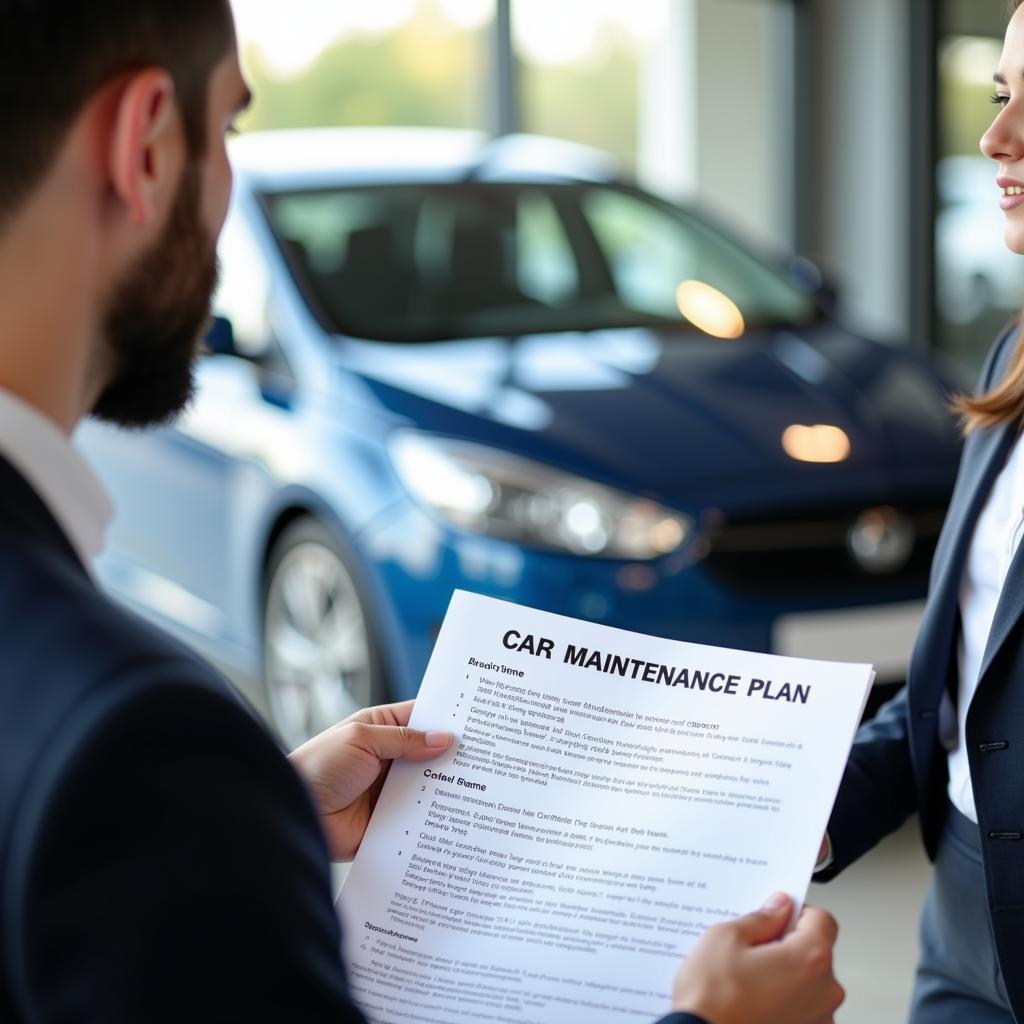Trading in your car is a great way to get a new one, but what if your current vehicle has some mechanical problems? You might wonder if you’ll be able to trade it in, and if so, what kind of value you can expect. The answer is a bit complicated, but we’ll break it down for you.
Understanding Trade-In Value
Your car’s trade-in value is determined by several factors, including its make, model, year, mileage, condition, and overall demand. A car with mechanical problems will generally have a lower trade-in value than a car in good condition. However, it doesn’t necessarily mean you can’t trade it in at all.
How Mechanical Problems Affect Trade-In Value
Here’s a breakdown of how mechanical problems affect your car’s trade-in value:
Minor Issues
Minor issues like a faulty sensor, a cracked windshield, or a worn-out tire will likely have a minimal impact on your trade-in value. Dealers can often repair these issues themselves at a relatively low cost and still offer you a decent price.
Major Problems
Major problems, such as engine trouble, transmission issues, or significant body damage, will significantly decrease your trade-in value. These repairs are more expensive, and dealers will factor in the cost of fixing them when determining your offer.
Unrepaired Problems
If your car has unresolved mechanical problems, dealers may not be willing to take it at all. They may be hesitant to take on the cost of repairs and the potential for future complications.
What to Do If Your Car Has Mechanical Problems
Here are some tips if your car has mechanical problems and you want to trade it in:
- Get it inspected by a reputable mechanic. This will give you an accurate assessment of the problems and an estimated cost for repairs.
- Attempt to repair the problems yourself. If the repairs are relatively simple and affordable, you can try to fix them yourself to increase your trade-in value.
- Be transparent with the dealer. Disclose all known mechanical problems to the dealer upfront. This will help avoid surprises later and build trust.
- Negotiate. Be prepared to negotiate with the dealer to get the best possible offer.
What You Can Expect:
- Lower trade-in value: You’ll likely receive a lower trade-in value than you would for a car in good condition.
- Potential rejection: Some dealers may not be willing to accept your car if the problems are too significant.
- Additional costs: You may have to pay for some or all of the repairs before the dealer will accept your car.
Expert Insights:
“The key is to be upfront with the dealer about any mechanical problems,” says David Jones, a certified automotive technician with over 20 years of experience. “The more transparent you are, the better the chances of getting a fair offer.”
“If your car has major mechanical issues, it’s important to consider whether it’s worth repairing them before trading it in,” adds Alice Williams, a seasoned automotive sales professional. “Sometimes it’s more cost-effective to sell your car privately or scrap it.”
Conclusion
While trading in a car with mechanical problems can be challenging, it’s not impossible. Be proactive, address the issues honestly, and be prepared to negotiate. Remember, your car’s trade-in value will be affected by the severity and cost of repairs, so the more transparent you are, the better.
Contact us for further assistance with your automotive needs. We are here to help you navigate the complexities of car ownership and repairs.
FAQ
Q1: Can I still trade in my car if it’s been in an accident?
A: Yes, you can still trade in your car after an accident, but the trade-in value will be affected by the extent of the damage.
Q2: Is it better to trade in my car with mechanical problems or sell it privately?
A: Selling privately can potentially get you a better price, but it can also be more time-consuming and require you to deal with potential buyers directly.
Q3: What if the dealer finds additional problems after I’ve traded in my car?
A: If the dealer finds hidden problems after you’ve traded in your car, they may attempt to reduce the amount you received for the trade. It’s best to be upfront about any known issues to avoid potential disputes later.
Q4: Will my insurance affect the trade-in value?
A: Your insurance coverage won’t directly affect the trade-in value, but if your car has been involved in an accident, the dealer will likely consider the repair history.
Q5: How can I find out the trade-in value of my car?
A: You can use online tools, such as Kelley Blue Book or Edmunds, to get a rough estimate of your car’s trade-in value. However, it’s always best to contact several dealerships to get personalized offers.






Leave a Reply